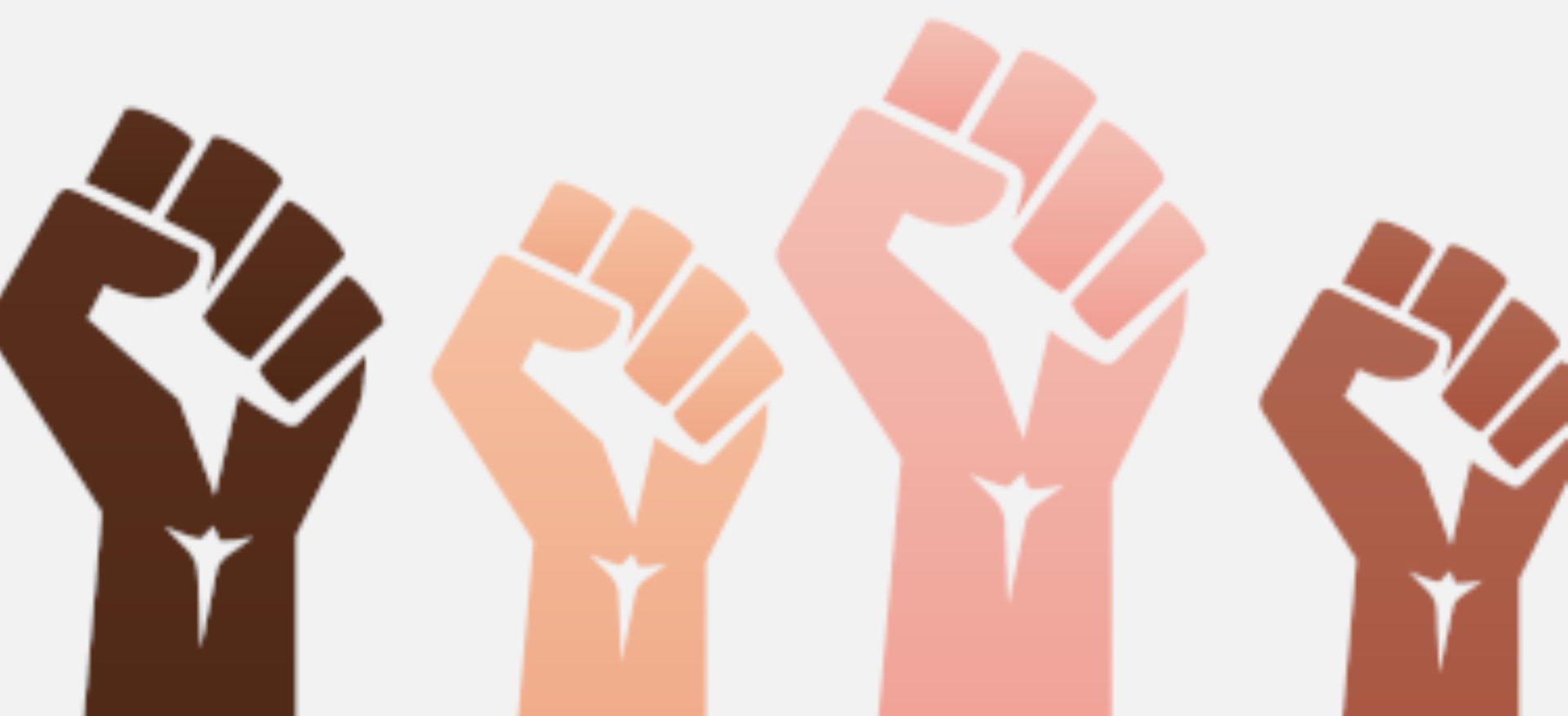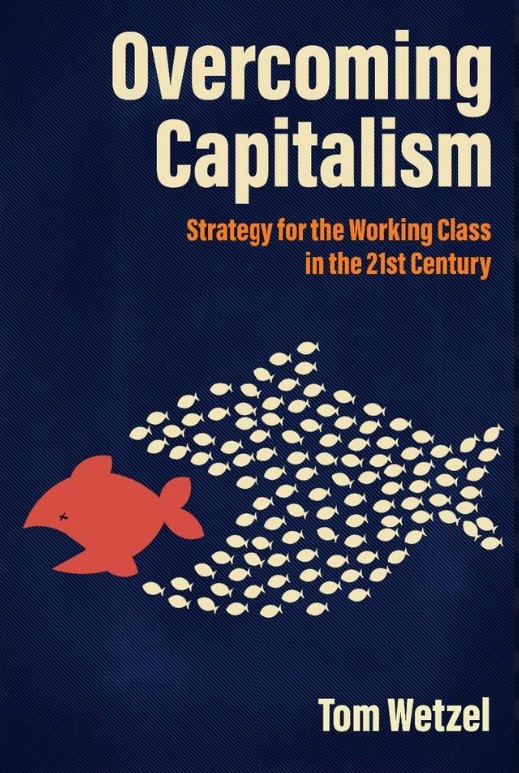Category: Revolution
From Workers Solidarity By Tom Wetzel I’m going to suggest here that the working class has a unique role to play in the fight against global warming because the owning and managing classes have interests that are tied to an economic system that has an inherent tendency towards ecological devastation whereas the working class does not. In its “Code Red for Humanity” warning in 2021, the UN’s Intergovernmental Panel on Climate Change said: “The alarm bells are deafening, and the evidence is irrefutable: greenhouse‑gas emissions from fossil-fuel burning and deforestation are choking our planet and putting billions of people at immediate risk. Global heating is affecting every region on Earth…” With wreckage from intensifying storms and people dying from heat waves, it might seem that everyone has a stake in the project of ecological sustainability, and bringing a rapid end to the burning of fossil fuels. As we know, however, various sectors of the owning and managing classes pursue profits from fossil fuel extraction, refining, and burning fossil fuels. They protect sunk investments in fossil fuel-based infrastructure (like gas burning power plants) or propose highly implausible strategies (like carbon capture and storage). Thus many sectors of the top classes in…
What is Class Consciousness? A Reply to John Holloway By Tom Wetzel A crucial concept for understanding the potential for getting rid of the capitalist mode of production and replacing with a labor-managed mode of production is the concept of class formation. The idea is that a working class that has actually developed the “class consciousness”, cohesion, solidarity, confidence, organizational strength, and aspirations for control over their lives to challenge the owning and managing classes for control of the society doesn’t come into existence “automatically” or “spontaneously” due to being an oppressed and exploited class, subordinate to boss power, forced to seek jobs from the employers who run their firms as managerial autocracies.Some left wing pundits confuse the working class situation with having a certain “identity”. But “identity” is a subjective concept, based on beliefs people have. The proletarian condition, on the other hand, is an objective situation. The working class don’t have our own means to a livelihood. If we are going to avoid dire situations like starvation, being kicked out of our apartment due to non-paymnt of rent, or being unable to buy needed medicines, we typically have to get a job, where we receive wages in exchange…
As the Communists gained control in the Russian revolution, they gradually suppressed all other left-wing political organizations, between 1918 and 1921. This was then encapsulated in the policy that Lenin and Trotsky called “the dictatorship of the party.” Often this is justified by referring to the civil war situation. I don’t think this is an adequate explanation. We can see this if we look at the revolution that unfolded in the part of Ukraine know as the “Left Bank” (as viewed from Moscow) of the Dniepr river — the area around the present-day cities of Kharkiv and Dnipro. The revolution in this area had taken a somewhat different path than in other areas of the Russian Empire. For one thing, the Bolshevik party had almost no influence there. The soviets and revolutionary groups there had eventually come together in a series of people’s congresses in 1918–1919. The congresses brought together delegates from peasant communities (on the principle of one delegate for every 3,000 residents) and worker committees, unions and local soviets. The largest of these congresses, in 1919, had delegates representing 1 million people. These congresses authorized the formation of a Revolutionary (or “Insurgent”) army of Ukraine. Nestor Makhno was…

